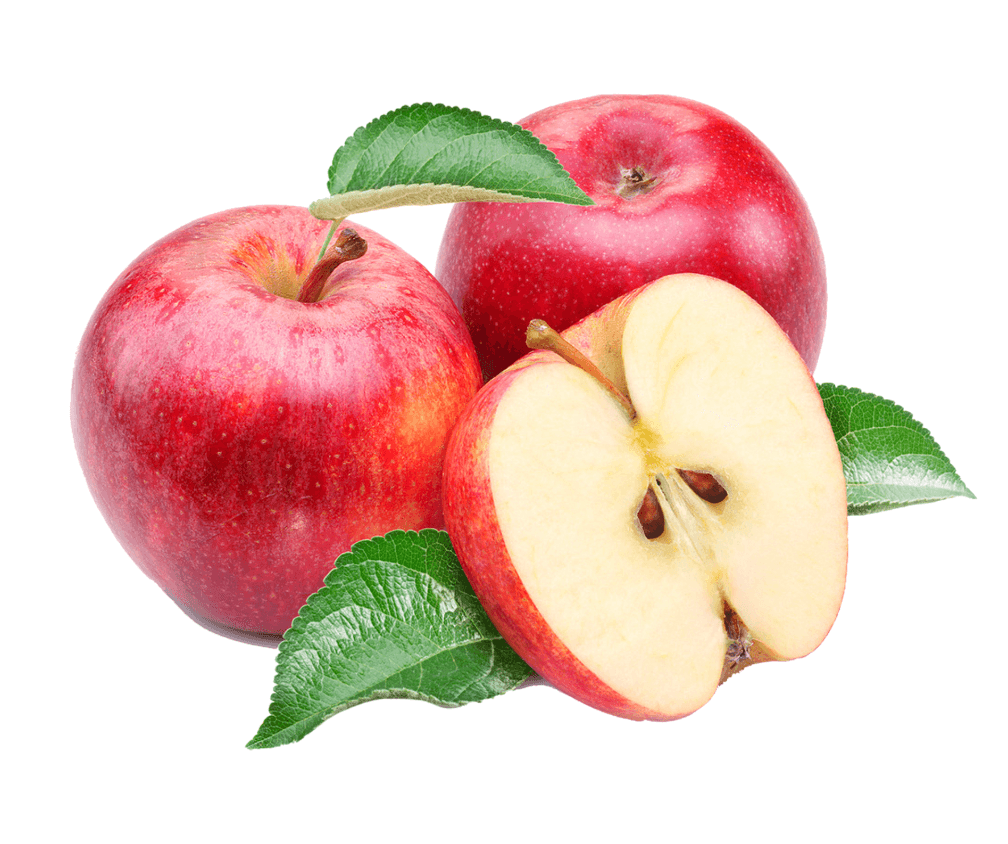Health Encyclopedia
Explore essential pet health knowledge in one place.
Learn which foods are safe and nutritious, understand common diseases in plain language, discover the purpose behind veterinary tests, and make sense of your pet’s symptoms with clarity and confidence.
Cooked Chicken Bones
Never feed cooked chicken bones to your pet. When chewed, cooked bones can splinter into sharp fragments, which may injure your pet’s mouth, esophagus, or stomach and cause internal bleeding.
Learn more >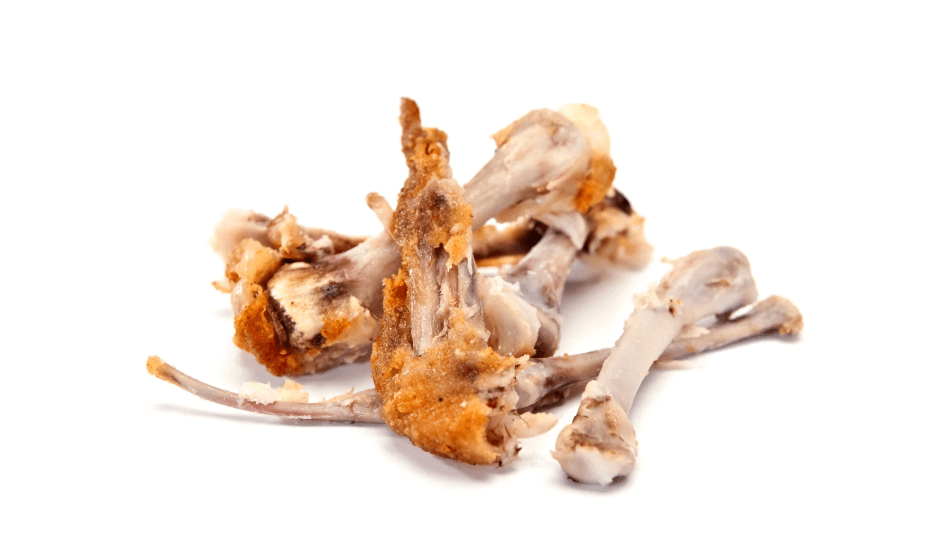
Xylitol
Never give xylitol to dogs or cats. It is not metabolized by the liver and accumulates in the body, causing a rapid and dangerous drop in blood sugar levels. In severe cases, it can lead to hypoglycemic shock, seizures, or other life-threatening poisoning symptoms.
Learn more >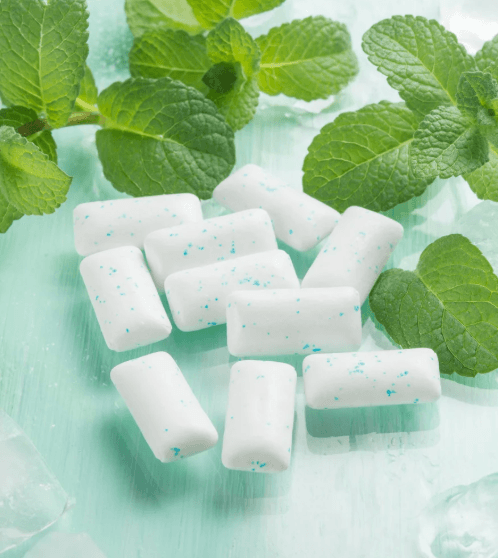
Fruit Seeds
Fruit seeds contain substances that can be harmful to pets and should never be consumed. In particular, apple seeds, peach pits, and cherry pits contain cyanide compounds, which can cause poisoning if ingested in large amounts.
Learn more >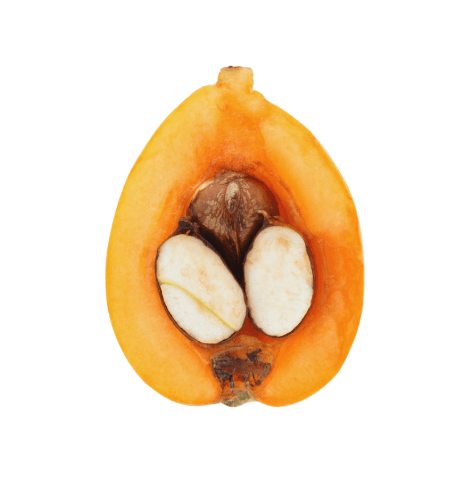
Macadamia Nuts
Never feed macadamia nuts to dogs or cats. They are highly toxic to pets and can cause severe poisoning symptoms, posing a serious risk to their health.
Learn more >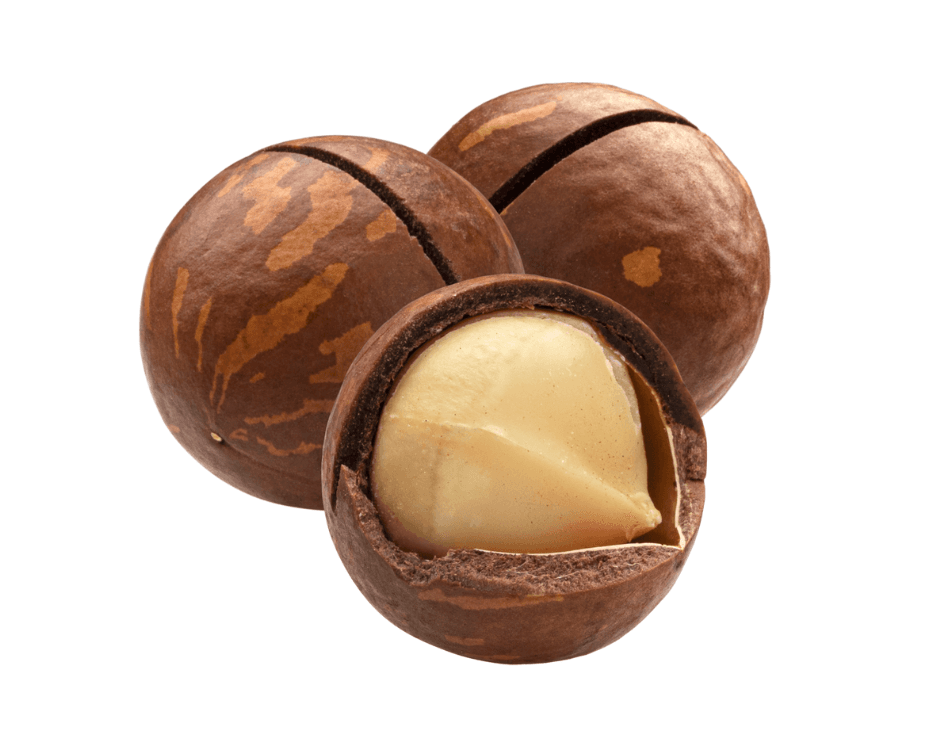
Fried Foods
Feeding fried foods to dogs or cats is not recommended. While the level of risk may vary depending on the ingredients, items such as fried shrimp or fish require particular caution. Additionally, the batter and oil used in frying can have harmful effects on your pet’s health.
Learn more >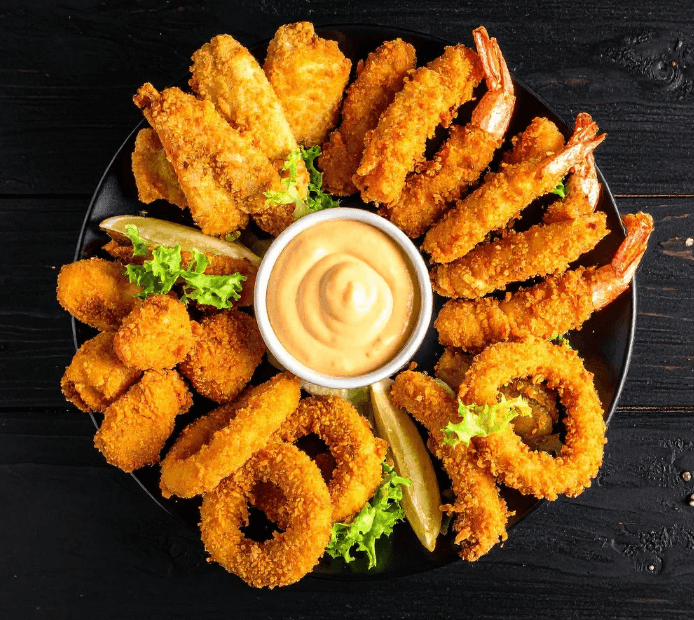
Caffeine
Caffeine is extremely dangerous for dogs and cats. It stimulates the central nervous system, which can severely affect the heart, respiratory system, and blood circulation. In addition, caffeine can put stress on the kidneys and impair their function.
Learn more >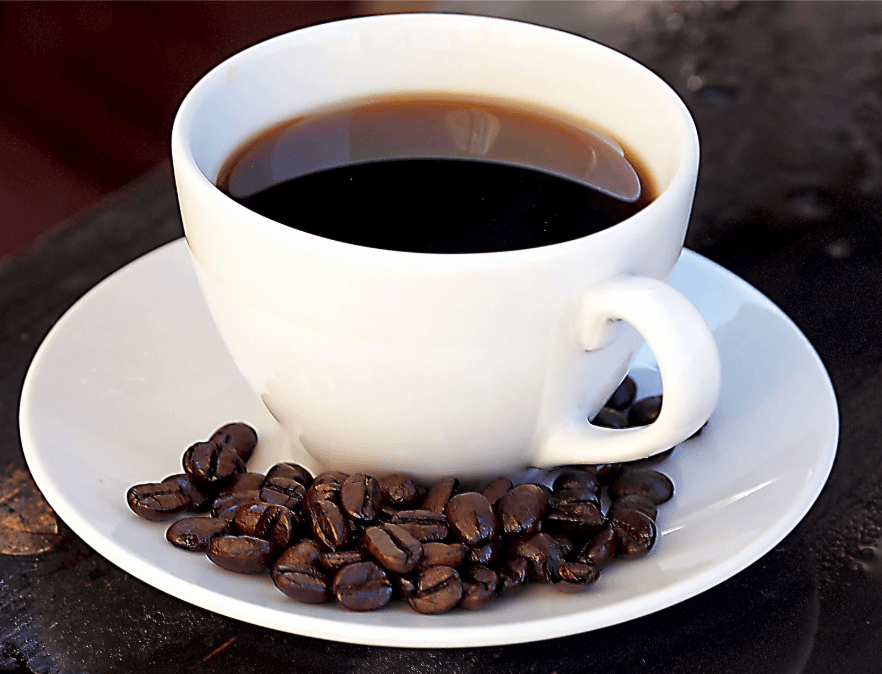
Chocolate
Never give chocolate to your pets. Chocolate contains caffeine and theobromine, both of which are toxic to dogs and cats. These substances can negatively impact their central nervous system and may also harm the heart.
Learn more >
Watermelon
Yes, dogs and cats can safely eat watermelon. It has a high water content and is rich in dietary fiber, which can aid digestion. Watermelon is also packed with vitamin C and beta-carotene, which help boost the immune system.
Learn more >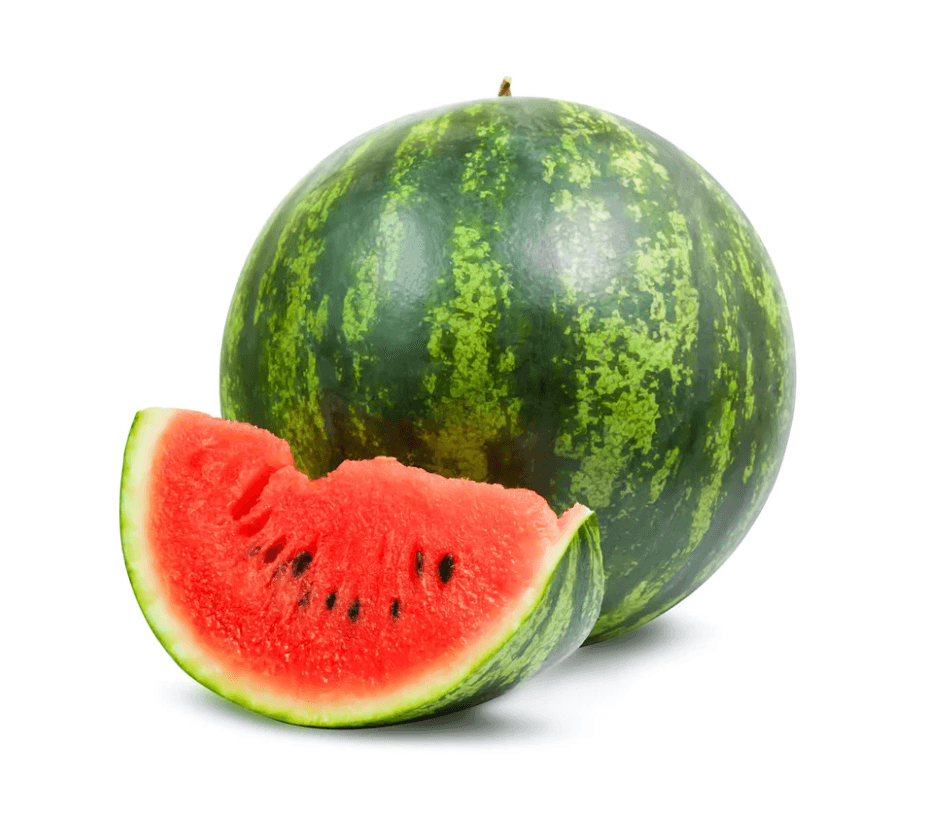
Grapes
Grapes are extremely dangerous for dogs and cats and can cause poisoning. They contain toxic substances that can damage kidney function, potentially leading to acute kidney failure in severe cases.
Learn more >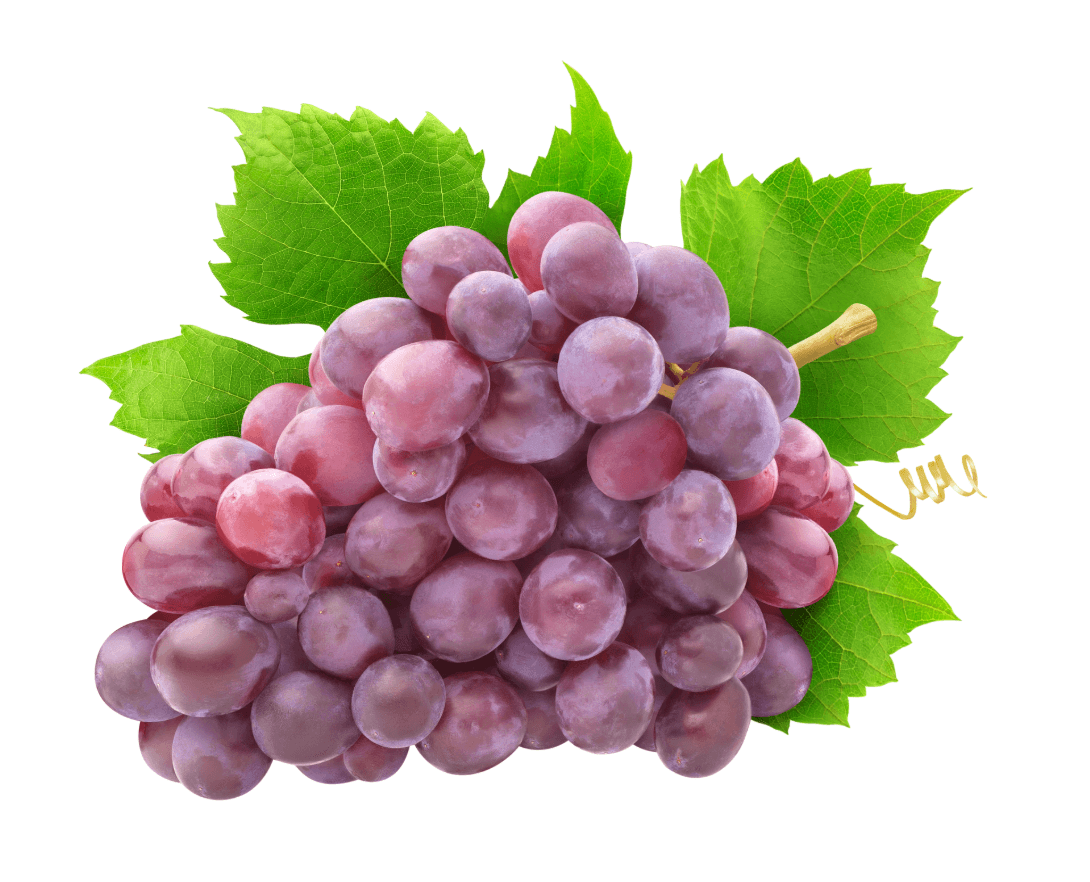
Alcohol
Alcohol is highly toxic to dogs and cats. Because they metabolize alcohol much more slowly than humans, ingestion can severely affect their central nervous system, liver, and heart. It can also raise blood pressure and lead to serious symptoms such as respiratory distress, brain damage, unconsciousness, or even cardiac arrest.
Learn more >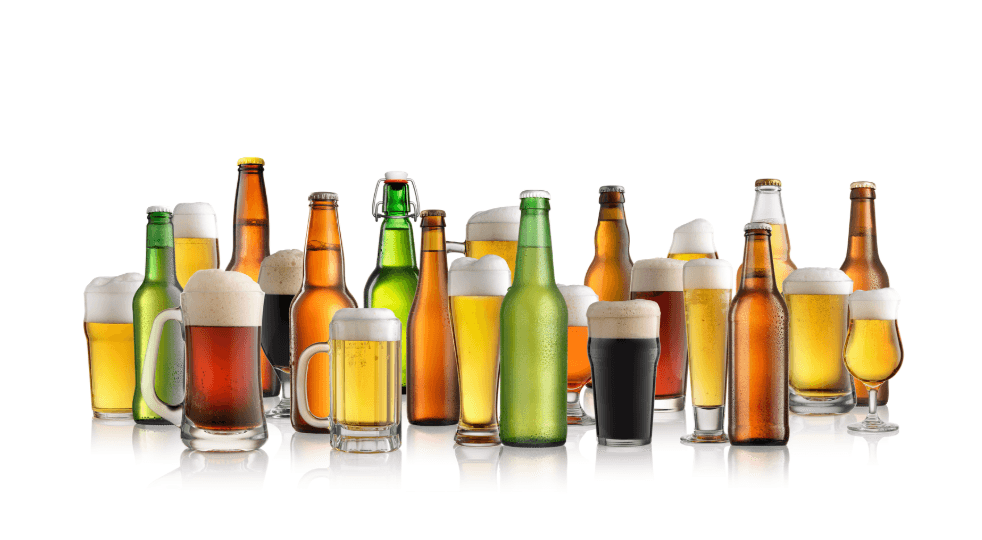
Garlic
Garlic can be harmful to dogs and cats because it contains organosulfur compounds. These substances can damage red blood cells, potentially leading to hemolytic anemia. Therefore, feeding garlic to pets is strongly discouraged.
Learn more >
Onions
Dogs and cats should never eat onions. All types—yellow, red, and white—are toxic to pets. Onions contain a harmful compound called N-propyl disulfide, which can destroy red blood cells and cause anemia (hemolytic anemia).
Learn more >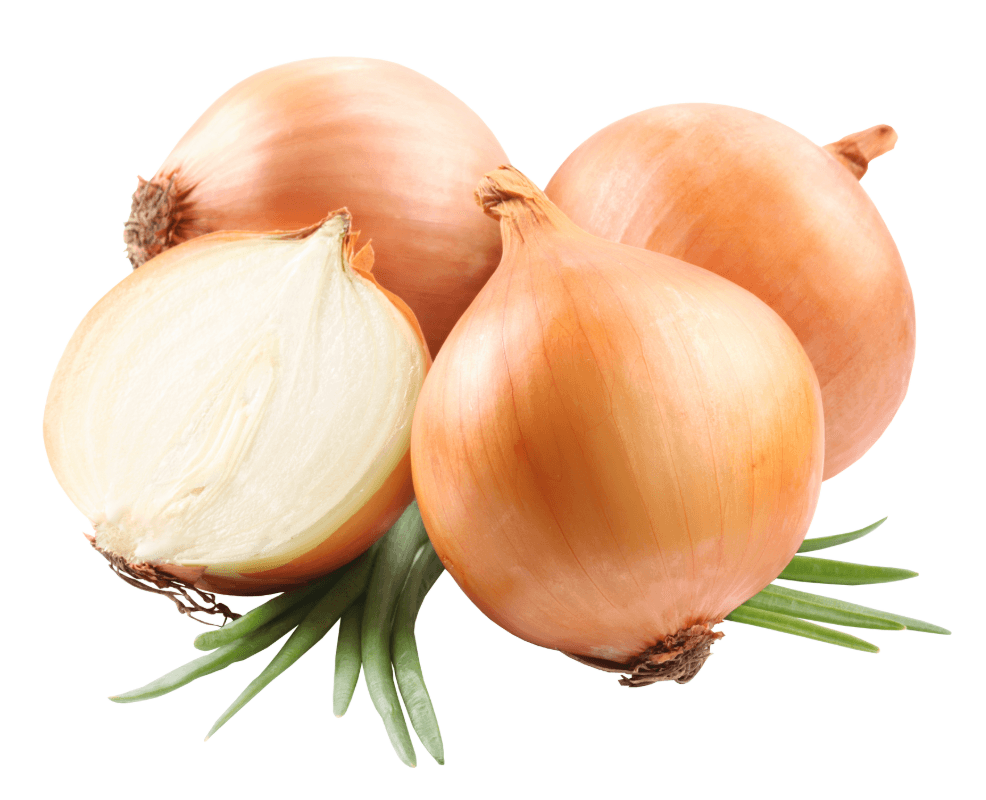
Potatoes
Yes, dogs and cats can eat potatoes. They are a good source of carbohydrates and contain nutrients such as vitamin C and potassium. However, because potatoes are high in sugar, excessive amounts can raise blood sugar levels. It’s best to serve them in small portions, boiled, or mashed for easier digestion.
Learn more >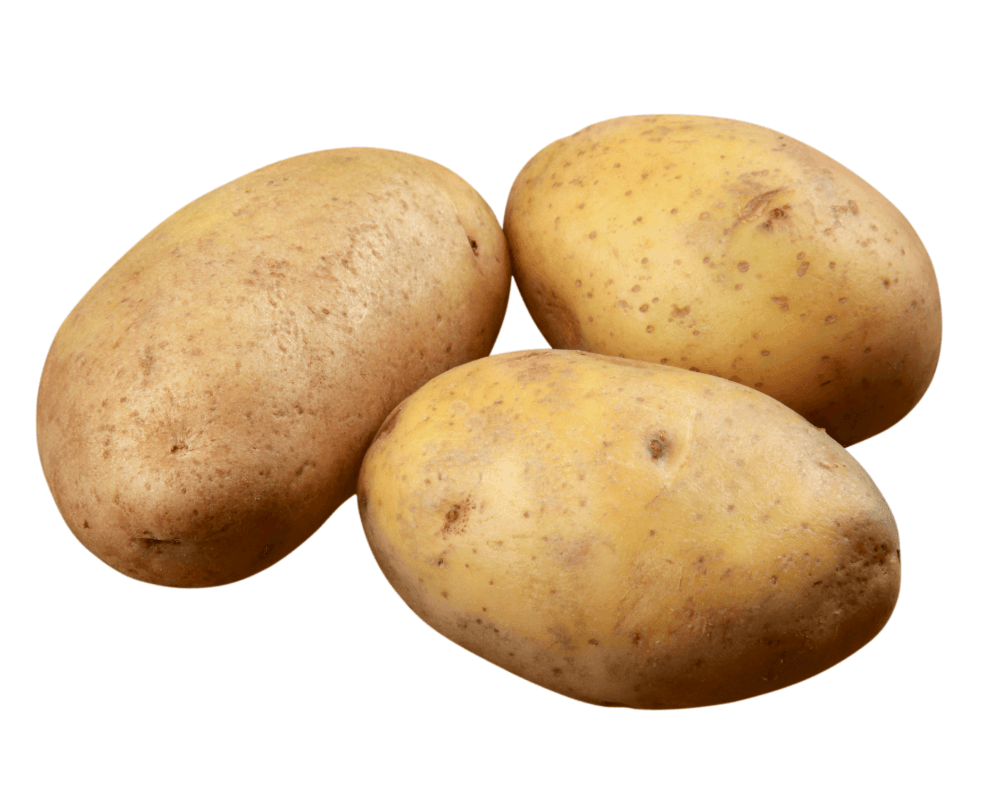
Sweet Potatoes
Yes, dogs and cats can eat sweet potatoes. They are rich in beta-carotene, vitamin C, and calcium, which support overall health. Low glycemic index + fiber help digestion and blood sugar control.
Learn more >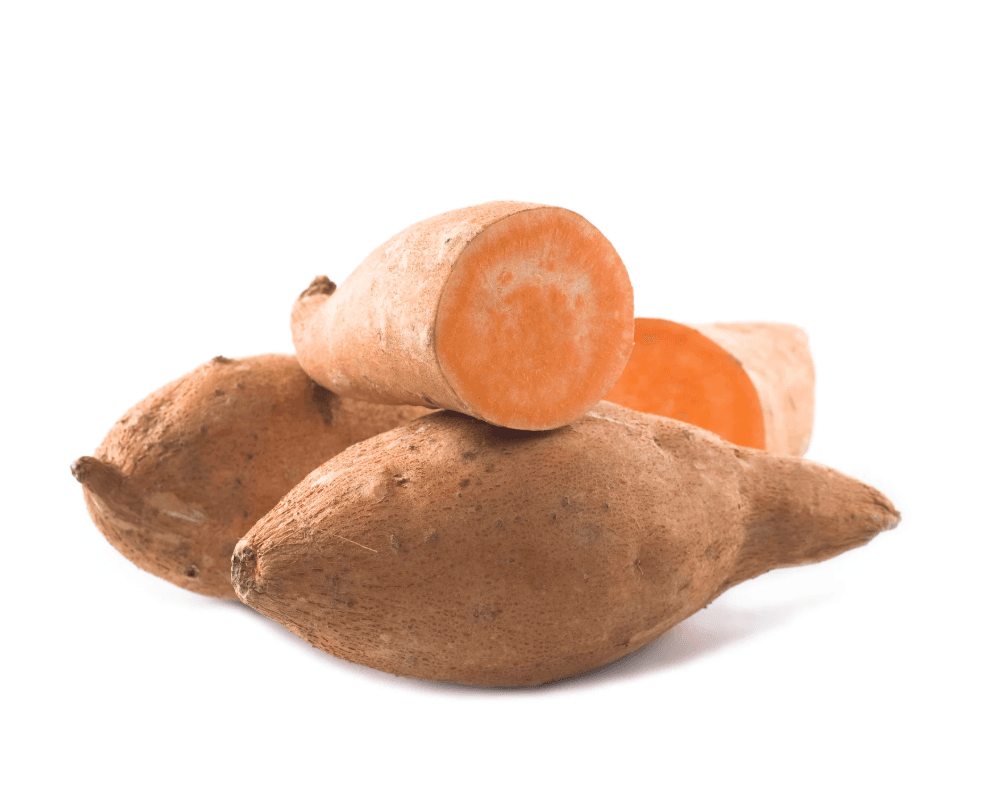
Eggs
Yes, eggs are a highly nutritious food for dogs and cats. They are rich in protein, fat, vitamin A, vitamin D, calcium, and iron. Protein is an essential nutrient that pets should include in their diet.
Learn more >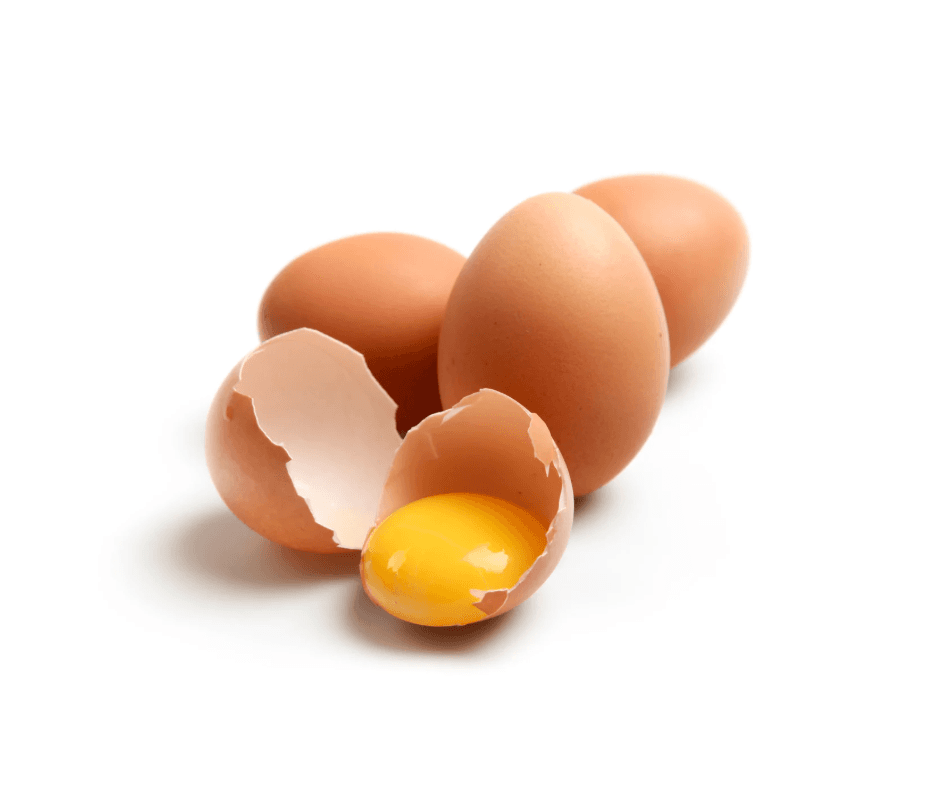
Cheese
Yes, cheese can be offered as a tasty treat for dogs and cats. It is rich in protein, fat, and calcium, which support overall health. Offer in small amounts—some pets are lactose sensitive.
Learn more >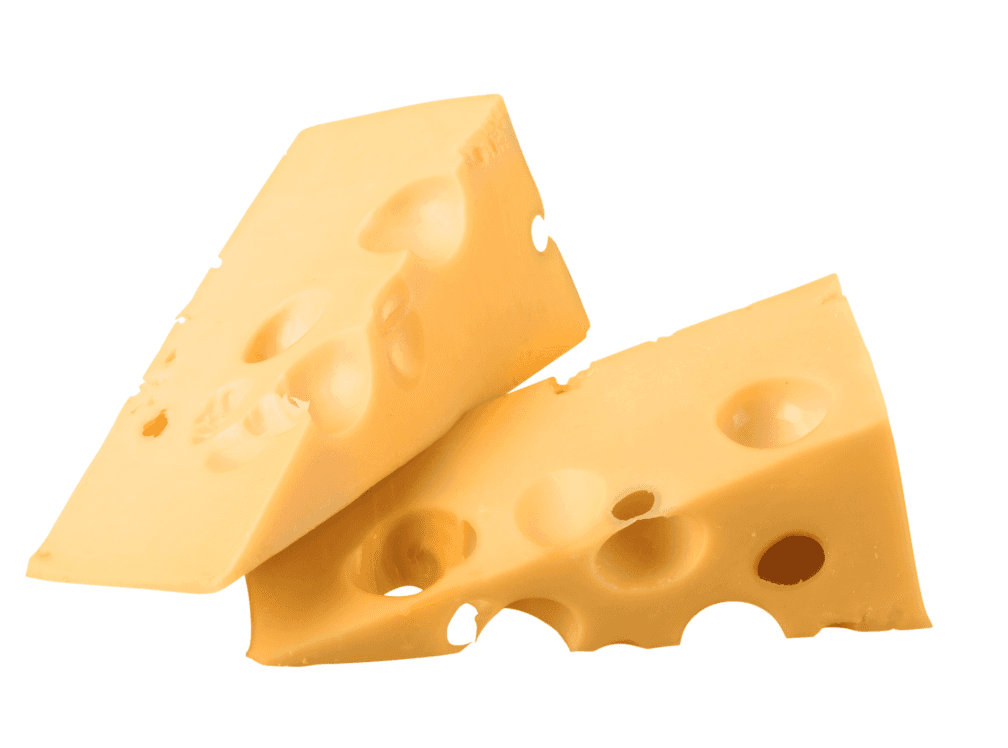
Avocado
No, dogs and cats should never eat avocado. It contains persin, a toxin that can damage certain types of cells and affect the heart and respiratory system. Avoid completely.
Learn more >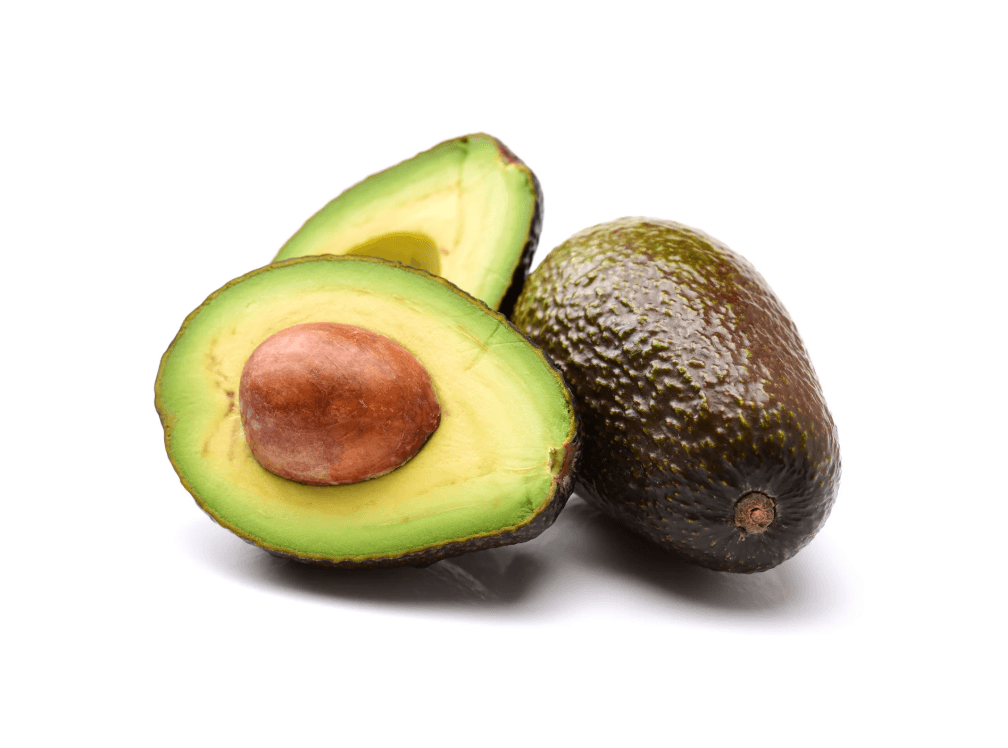
Corn
Yes, dogs and cats can eat corn and it’s rich in fiber, carotene, vitamin C, and B vitamins. Some pets may have sensitivities—start with small portions and monitor.
Learn more >
Cucumber
Yes, dogs and cats can eat cucumber. High in water and fiber for hydration and digestion; contains vitamin C, vitamin K, and potassium. Low in calories—great for weight control.
Learn more >
Broccoli
Yes, dogs and cats can eat broccoli. Rich in calcium and vitamins C, K, and A; contains antioxidants like sulforaphane and glucosinolates that support immunity.
Learn more >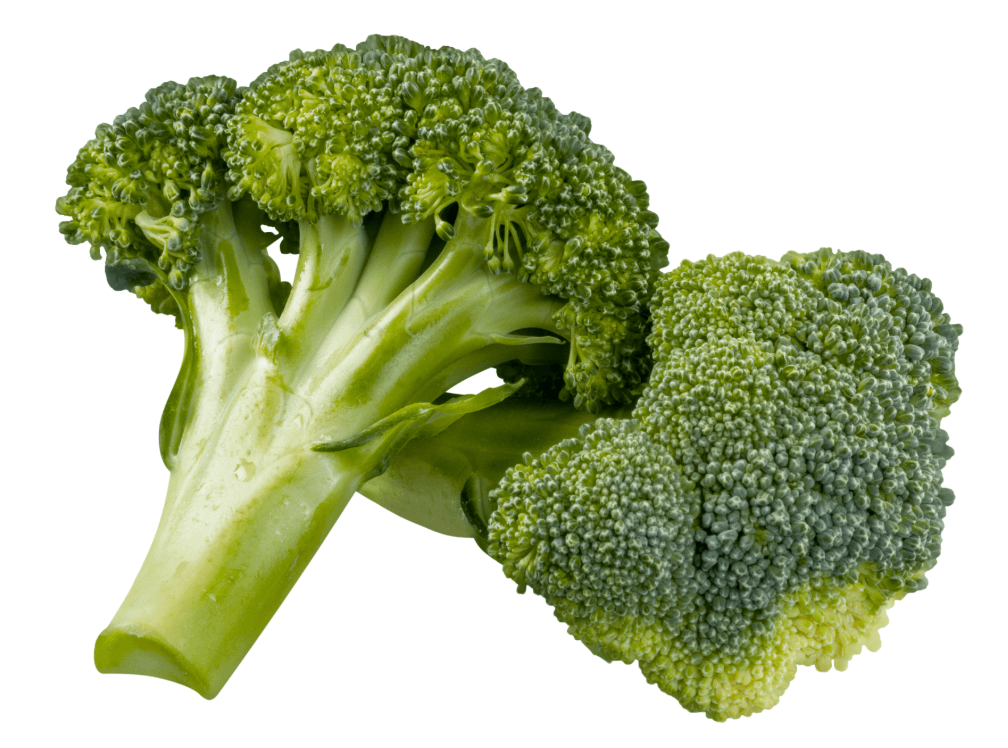
Carrots
Yes, dogs and cats can eat carrots. High in vitamin A, calcium, and fiber—good for eye/skin health and digestion; makes a crunchy low-calorie treat.
Learn more >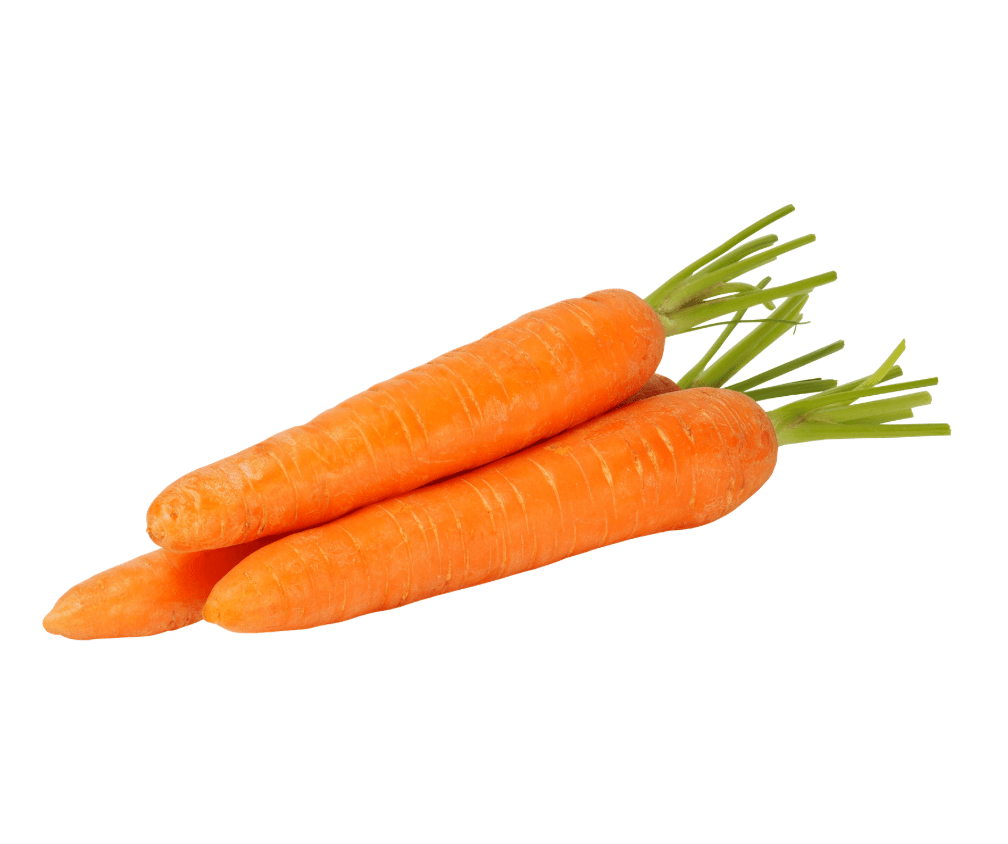
Zucchini
Yes, dogs and cats can eat zucchini. Packed with vitamin C, vitamin A, calcium, potassium, and fiber to support immunity, skin/eye health, bones, and digestion.
Learn more >
Eggplant
Dogs and cats can eat eggplant in moderate amounts when prepared properly. Provides vitamin C, vitamin A, and fiber—introduce slowly and monitor tolerance.
Learn more >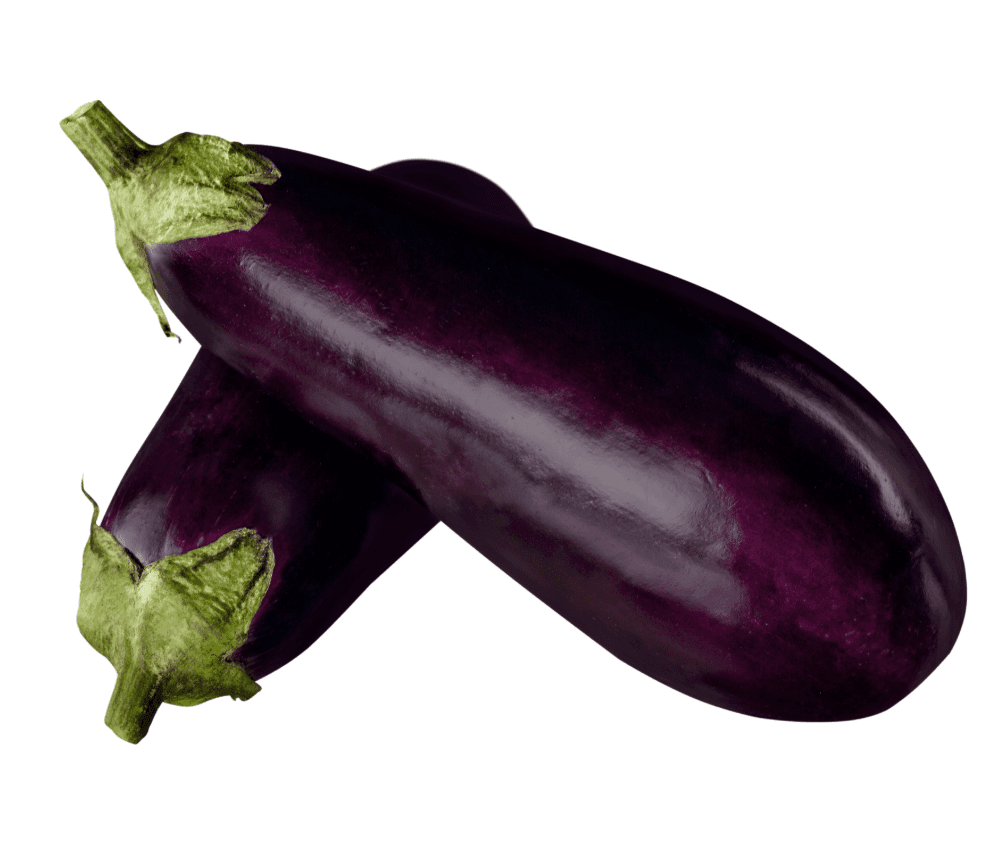
Bananas
Yes, dogs and cats can eat bananas but because they contain natural sugars, serve in moderation. Provide potassium, vitamin C, vitamin B6, and fiber.
Learn more >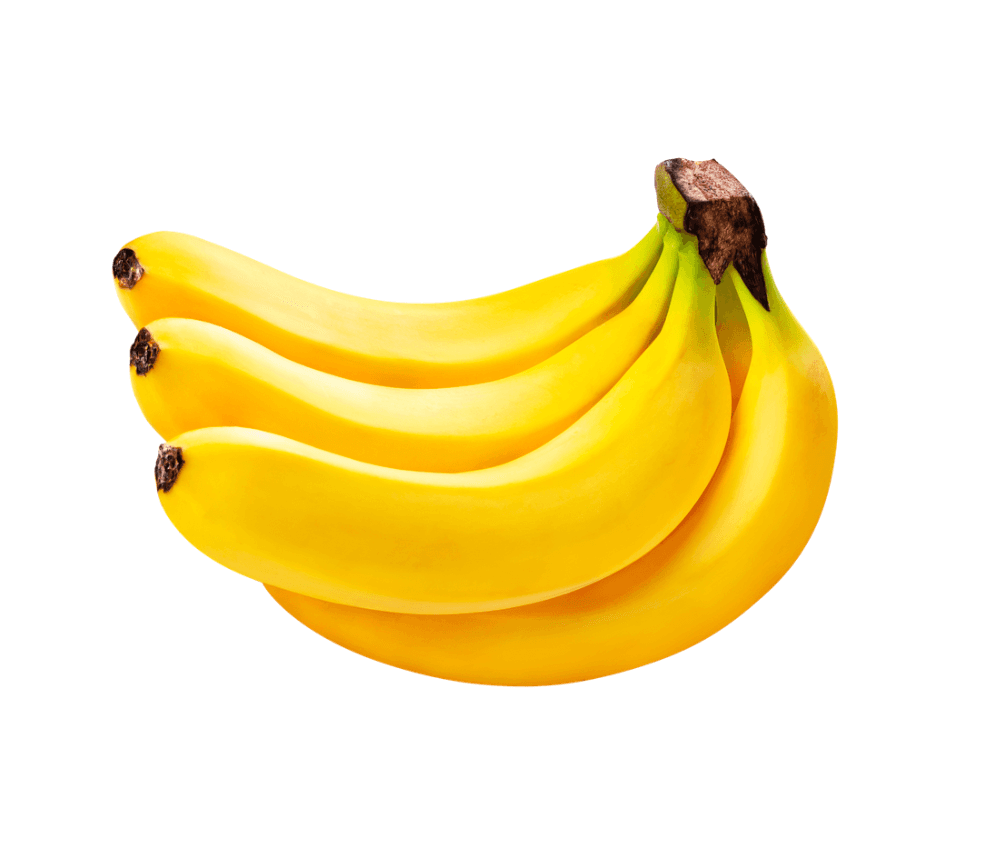
Tomatoes
Ripe red tomatoes are safe and provide lycopene, vitamin C, vitamin K, calcium, and fiber. (Avoid green tomatoes/plant parts which contain solanine.)
Learn more >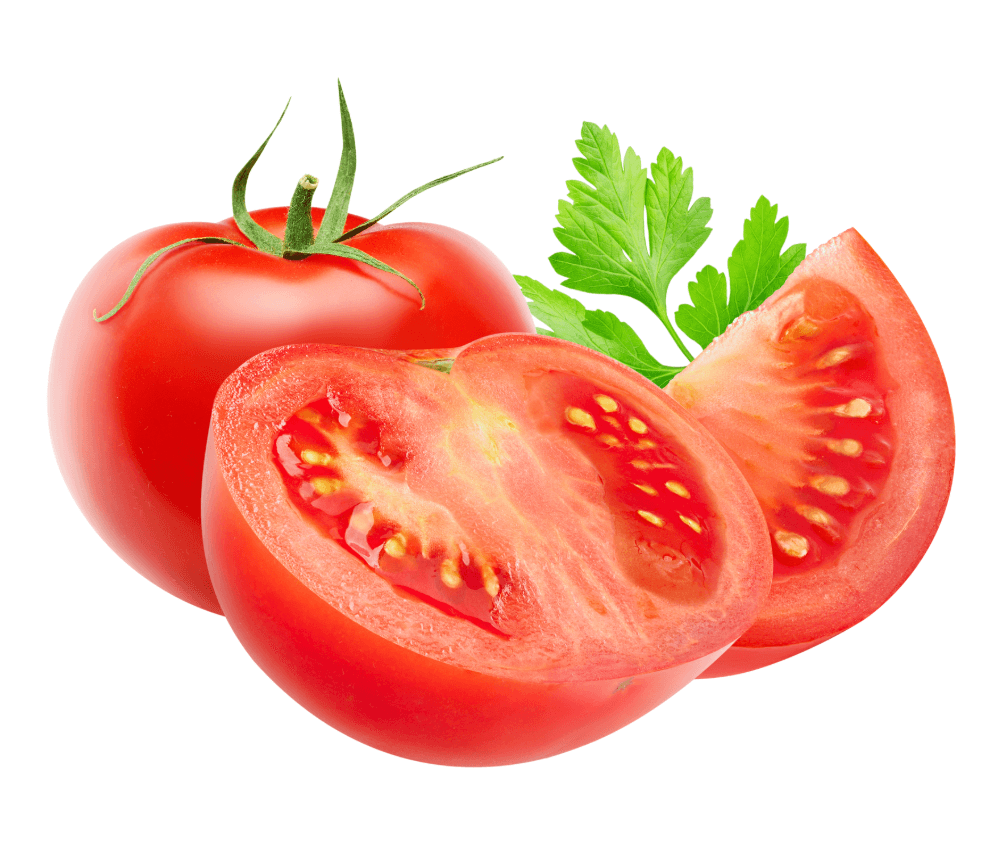
Apples
Yes, dogs and cats can eat apples. Apples are rich in vitamin C, fiber, polyphenols, and calcium. Fiber aids digestion; polyphenols provide antioxidant benefits.
Learn more >